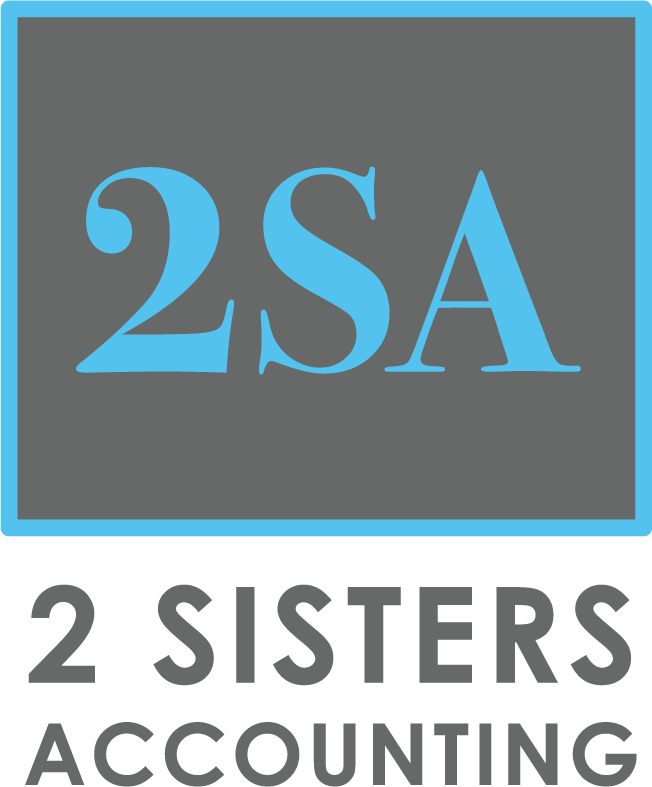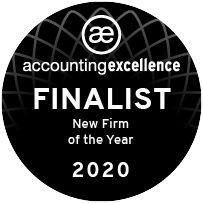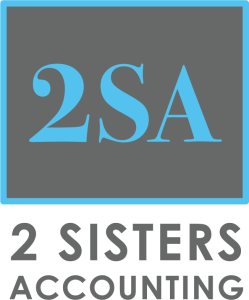Director’s loan accounts, also known as the DLA. You will have heard director’s loan accounts mentioned at some point in your limited company journey. For most directors of small businesses they’re a pretty day to day thing.
But, just because we talk about them all the time and you’re using them, doesn’t mean you actually know what they are or how they work. So let me fix that for you.
What is a director’s loan account?!
The easiest way to describe it is as a pot where we put all the money you put into the business and all the money you take out the business.
We’ll make sure money that you’ve taken out for salary or dividends is knocked off the balance as you’re paying tax on that elsewhere so it’s not a loan.
What’s left is your director’s loan balance. You can owe the business money, it can owe you money, or the balance can be zero meaning nothing is owed either way.
What if the business owes me money?
This is the simple one. If the business owes you money, IE you’ve loaned the business money and not repaid yourself yet. When there is enough money for you to repay yourself, you can do that without paying any tax on the money you take out. Wonderful!

What if I owe the business money?
This is where it gets a bit more complicated.
If your DLA is overdrawn at the date of your company’s year end, you may need to pay additional tax.
If you pay back the entire directors loan within 9 months of the company’s year end, you may avoid having to pay additional tax.
If it’s not paid back, it’s a nasty tax charge at the higher rate of dividend tax. So 33.75% for 2022/23 tax year. It gets confusing here in that once you do repay your directors loan, HMRC will repay the 33.75% tax you’ve paid. But we all know how long HMRC takes to do anything, so you really want to avoid that option.
If your DLA is overdrawn by more than £10,000 it also becomes considered a benefit in kind, regardless of when it’s paid back. Additional tax and national insurance will be due on the balance. So even if you do borrow money from the business, best practice is to keep it under £10K!
Anything else I should know?
You can write off director’s loans, but you will pay tax on them if you do. You also can’t pay back your loan to avoid a tax charge and then lend yourself it all again the next day, HMRC don’t care for that.
This is a whistle-stop tour of DLA’s to cover off the essentials and hopefully help you understand all things accounting a bit better, its not a definitive guidebook more a signposting.
Any queries, questions or quandaries, pop us an email and we’ll see what we can do.






